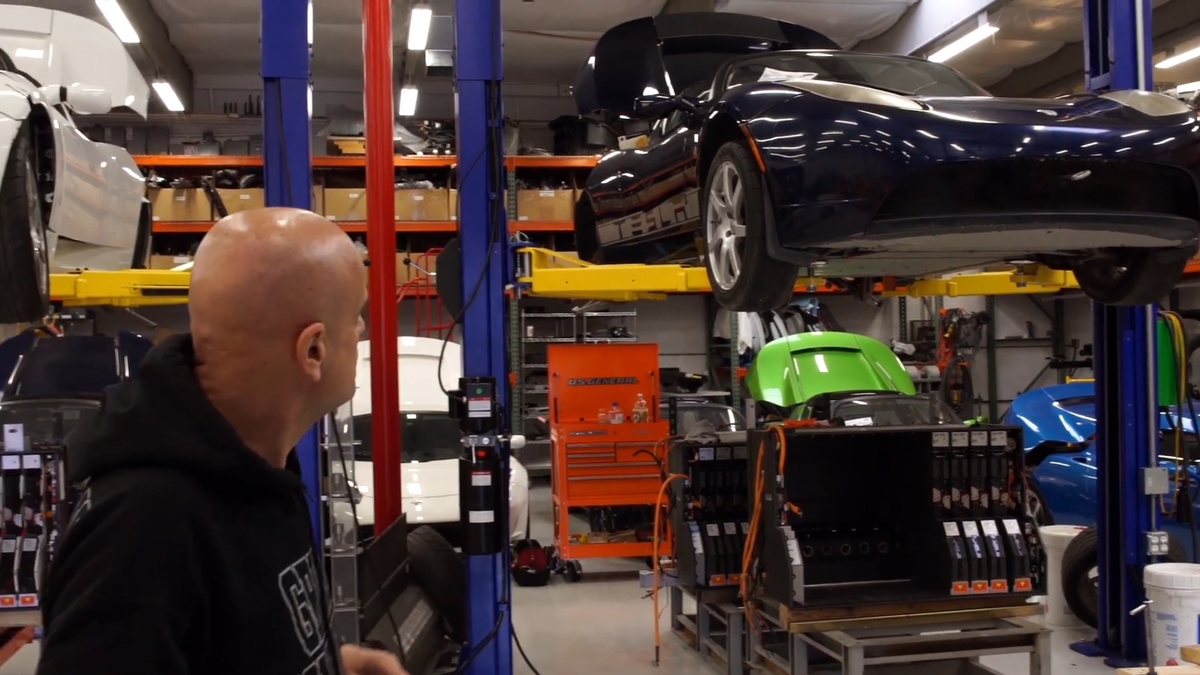Tackling the Challenge of Repairing Aging Electric Vehicles
Do you remember the days of playing with radio-controlled cars as a child, zipping them around the house or building ramps for them in the backyard? The inevitable moment when the batteries died often led to discarding the toy. Similarly, many owners of early electric vehicles face a similar conundrum when faced with repairing their aging cars.
Recent reports have highlighted the dilemma of owners whose electric vehicles, no longer under warranty, encounter serious issues requiring costly repairs. The demand for skilled mechanics capable of diagnosing and repairing complex electric systems has surged, outstripping the available supply by a significant margin.
Challenges in Repairing Electric Vehicles
One such case involves Christine Barnes, a Tesla driver whose Model S required a new battery pack estimated at a staggering $20,000, exceeding the car’s value. Despite the vehicle being in good condition otherwise, the exorbitant repair cost led to the difficult decision of whether to proceed with the repairs.
“We thought about spending the money just because it was a perfectly good car other than this happening,” Barnes mentioned. “There was nothing wrong with it, and I loved that car. But then, we decided that was just not smart.”
As the number of electric vehicles from earlier generations facing technical issues rises, the scarcity of repair facilities equipped to handle such repairs becomes apparent. The growth in electric vehicle ownership has not been matched by a corresponding expansion in repair infrastructure.
Although some specialized repair shops, like Medlock and Sons, offer battery repair services, the overwhelming demand often results in extended waiting periods for customers seeking essential repairs.
“We have like 350-plus appointments for Model S battery repairs, and we just don’t have time to go any faster,” a representative from Medlock and Sons explained. “Tesla only replaces the whole thing. They don’t do component replacement like we do.”
Addressing the Need for Skilled Technicians
A critical aspect highlighted in a recent NPR report is the shortage of technicians trained to work on aging electric vehicle batteries. Gary Fantozzi, the director of automotive programs at Shoreline Community College, emphasized the importance of extending the lifespan of older electric vehicles through targeted repairs.
“If there were more technicians trained to work on batteries, the life of older EVs could be extended,” Fantozzi stated. “We could start changing out small sections of those batteries that are degrading on us and allow the battery to go longer.”
Despite the potential benefits of investing in workforce training for battery repair, some automakers restrict access to battery components, limiting repair capabilities. Fantozzi noted that few manufacturers permit mechanics to conduct repairs on battery systems, thereby hindering efforts to prolong the life of aging electric vehicles.
For individuals considering a career in automotive repair, specializing in electric and hybrid systems presents a promising opportunity. With the increasing prevalence of electric vehicles on the roads, the demand for skilled technicians capable of handling complex repairs continues to grow.
In conclusion, the challenges faced by owners of aging electric vehicles underscore the pressing need for a comprehensive approach to maintenance and repairs in the fast-evolving automotive industry. By fostering a workforce skilled in electric vehicle technology, we can ensure the longevity and sustainability of electric transportation for years to come.
Image/Photo credit: source url





